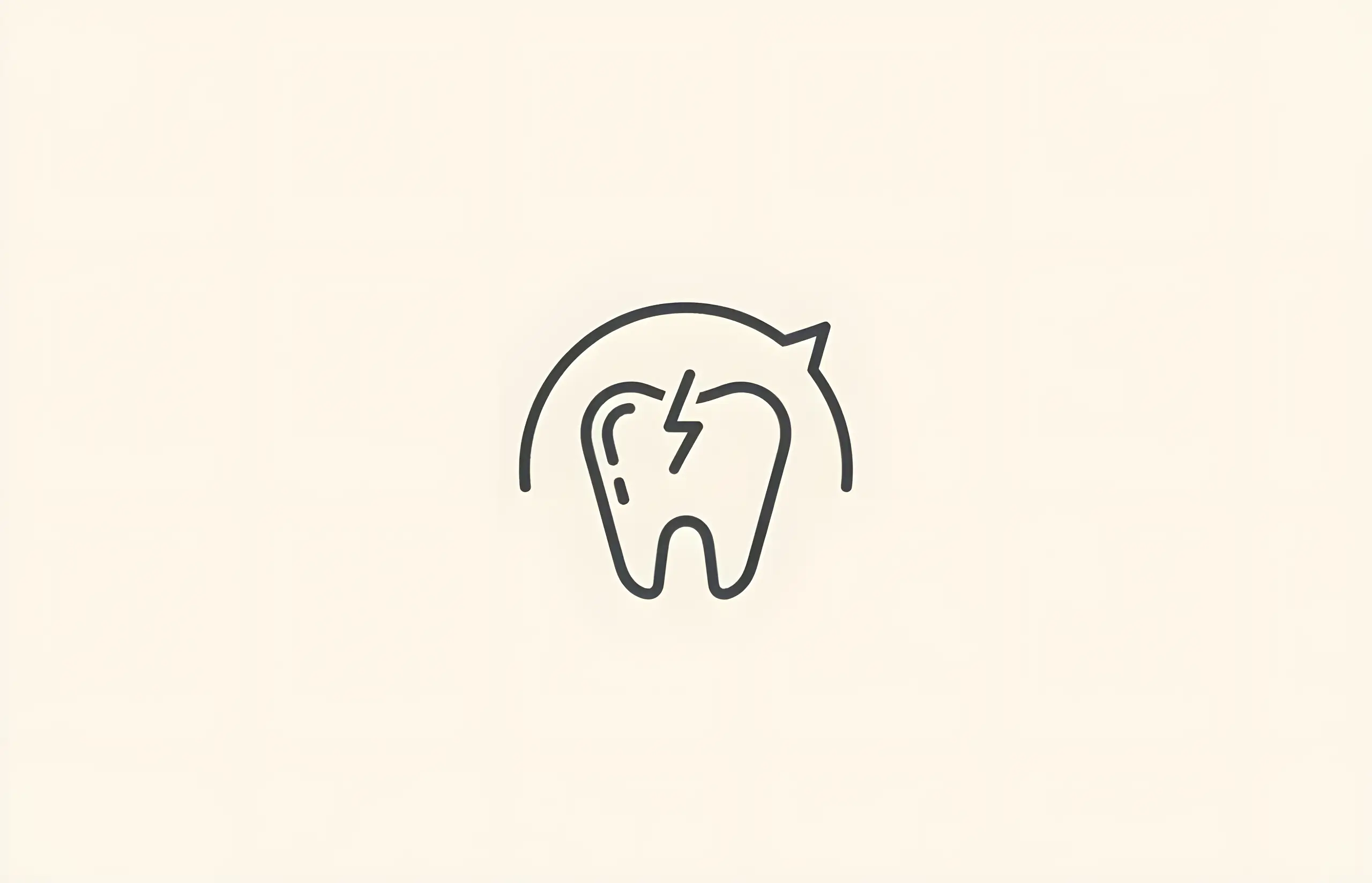The teeth in the back of the mouth, known as molars, are large and strong; however, they are quite sensitive too. And, if your back tooth hurts every time you eat or chew, then this could be a sign that something is wrong.
There are many reasons why you could experience tooth pain when chewing or biting down, and in this article, we will discuss the most common causes for this.
Common Reasons for Pain in the Back Tooth While Chewing
Cavities
If you experience any sensitivity or tooth pain when you eat or chew food, then it could be because of cavities or tooth decay. Cavities are caused due to food particles and bacteria that remain in the mouth and poor dental hygiene. As a result, food can get stuck in the cavity and exert pressure when you eat, causing pain.
If the tooth decay worsens, it can irritate the nerve or pulp within the tooth, which can get inflamed every time you bite or chew food, causing pulpitis, which is a very painful condition.
It is very important to treat the problem immediately because if the inflammation persists for a long time, it may result in permanent tooth damage.
Cracked Tooth
The sharp pain caused when you chew on food or bite down and release the bite may be because of a cracked tooth. You may not even realise that the tooth is damaged until you feel the pain when eating.
Diagnosing a cracked tooth can be quite difficult but should be treated as soon as possible because if left untreated, bacteria can get into the gap and cause tooth decay.
Abscess
If you experience pain in your back tooth when chewing food, it could be because of an abscess around the tip of the root. The inflammation and swelling caused by the abscess can exert pressure on the tooth, causing severe pain. And, if not treated immediately, the condition can worsen, requiring a root canal procedure or even tooth extraction.
Gum Disease
Known as gingivitis in the early stage and periodontitis when it becomes more advanced, gum disease causes your gums to wear away or recede. This can cause a lot of pain, especially when eating or chewing food.
Gum disease can cause your teeth to become loose, and depending on the severity of the detachment of the tissue, can cause swollen gums and bleeding or exposed roots.
Gum Recession and Root Exposure
If you experience pain when chewing, it could be because of gum recession caused when the gums pull back from the teeth, leaving the teeth and sometimes even the tooth root exposed.
And, when you chew, the pressure applied to the exposed root can cause sharp pain. Gum recession can be caused due to various factors, including gum disease, forceful brushing, trauma, or grinding the teeth.
Uneven Tooth, Crown or Filling
Occlusion is when the teeth meet when the jaws are closed, and if there is malocclusion or if the teeth don't fit together correctly, then they can cause pain when you bite down or chew your food. If your dental crown or tooth filling is loose or uneven, then the tooth can hurt when eating.
Sinus or Nasal Congestion
Every time you suffer from a toothache, it does not necessarily mean that you have a dental problem. For example, if you're suffering from nasal or sinus congestion, then this can cause your back tooth to hurt when chewing.
This is because the roots of the upper teeth are located very close to the sinuses, and any congestion, infection, inflammation, or pressure can cause the molars or premolars to give pain. As a result, pain in the back teeth is a common condition of sinusitis, and this is often called a sinus toothache.
Clenching or Grinding Your Teeth
If you grind your teeth (bruxism) or clench your jaw often, this can put a lot of pressure on your teeth. Often, people grind their teeth while sleeping or clench their jaws when they are stressed and don't even realise it.
This can cause your jaws and teeth to be sore, and you may have trouble closing and opening your mouth or have pain while chewing or biting down. You can prevent this by following some relaxing techniques and by wearing a mouthguard.
Growing Wisdom Teeth
The last set of teeth to emerge are your wisdom teeth. And, if there is an abnormal growth of the wisdom teeth because of insufficient space or an awkward position, this can cause severe pain when you bite down, eat, or chew.
So, if you're suffering from a lot of pain because of your wisdom teeth, then your dentist may prescribe painkillers. However, if this does not relieve the pain, they may decide to remove the teeth depending on your condition.
In conclusion, if your back tooth hurts every time you eat or chew, this can impact your everyday life adversely. The pain will not get resolved on its own, and you must visit your dentist to address and treat any underlying condition that may be causing the pain. So, don't ignore it and get medical help as soon as possible.
Sources and References
-
[1]
Review of Cracked Tooth Syndrome: Etiology, Diagnosis, Management, and PreventionPain Research & Managementhttps://pmc.ncbi.nlm.nih.gov/articles/PMC8694987/
-
[2]
A Correlation between Clinical Classification of Dental Pulp and Periapical Diseases with its Patho Physiology and Pain PathwayInternational Journal of Clinical Pediatric Dentistryhttps://pmc.ncbi.nlm.nih.gov/articles/PMC10507313/
- [3]
- [4]
All sources accessed and verified on . Medical information reviewed for accuracy and compliance with current guidelines.
Related Articles
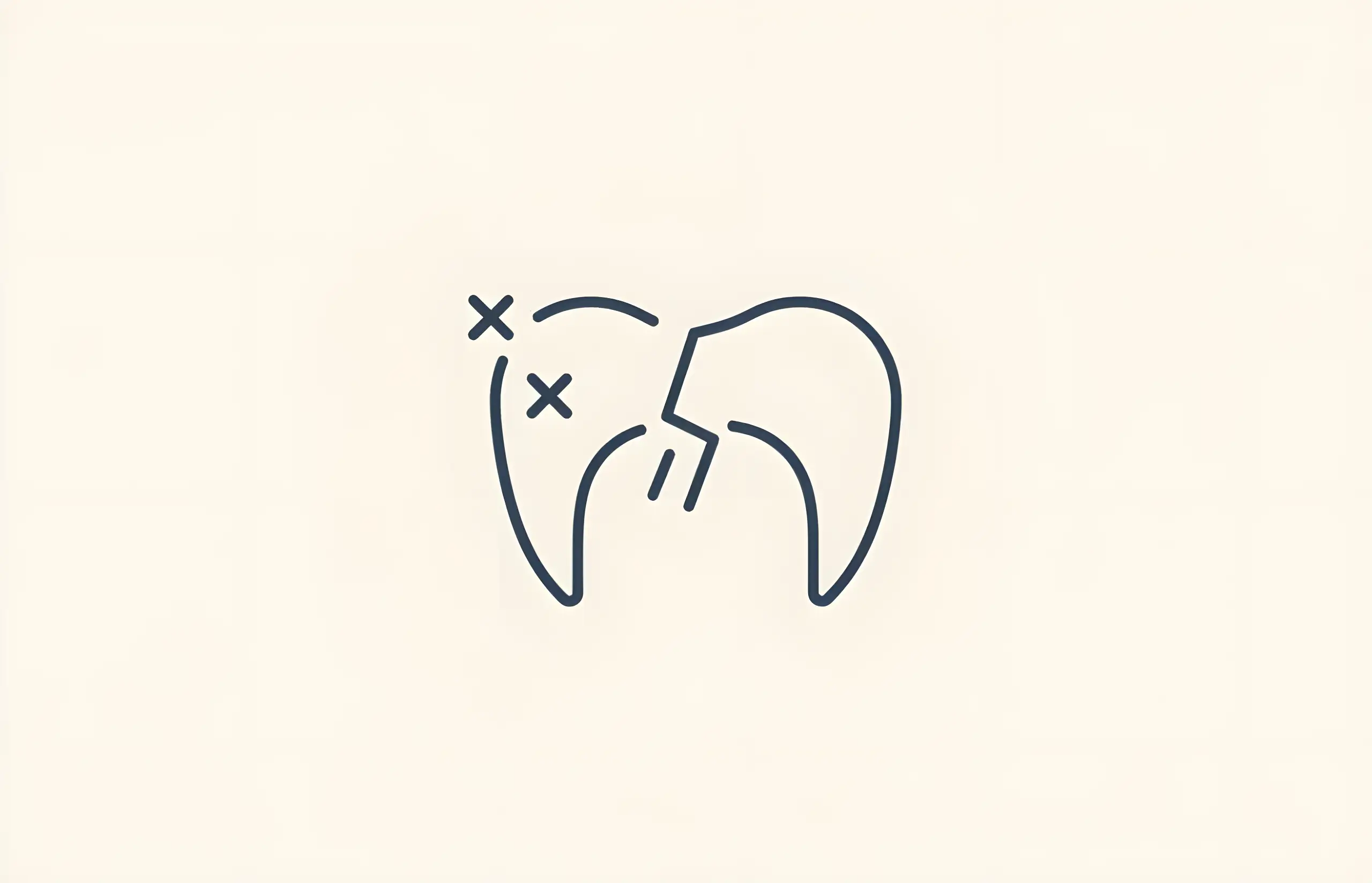
Can Temporary Veneers Cause Pain?
Complete guide to temporary veneers including why they may cause discomfort, the procedure involved, preventive measures, and what to eat while wearing them
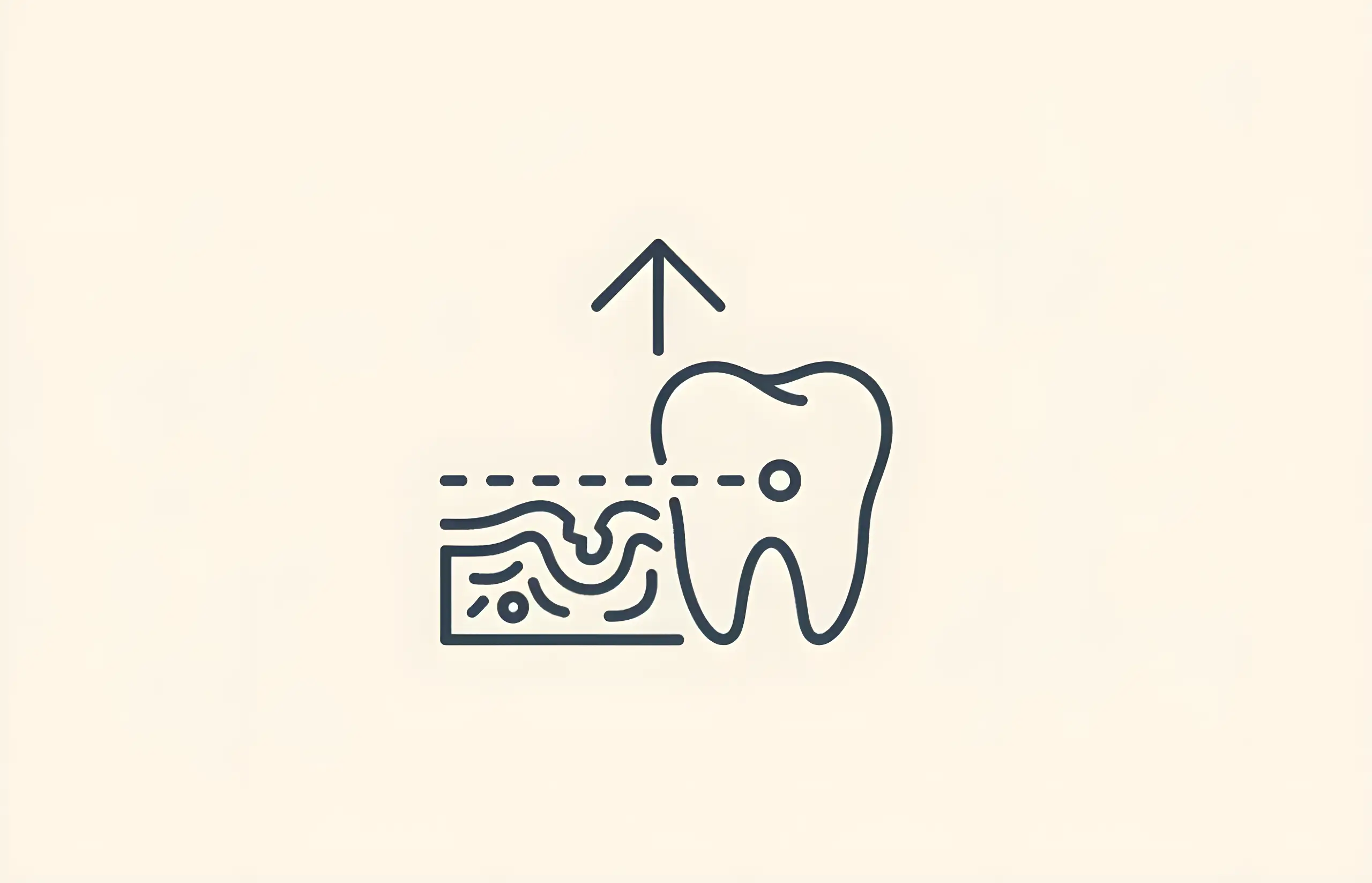
Can You Have Dental Implants With Gum Disease?
Complete guide to dental implants and gum disease including symptoms of periodontitis, success rates with treated gum disease, and treatment requirements before implant surgery
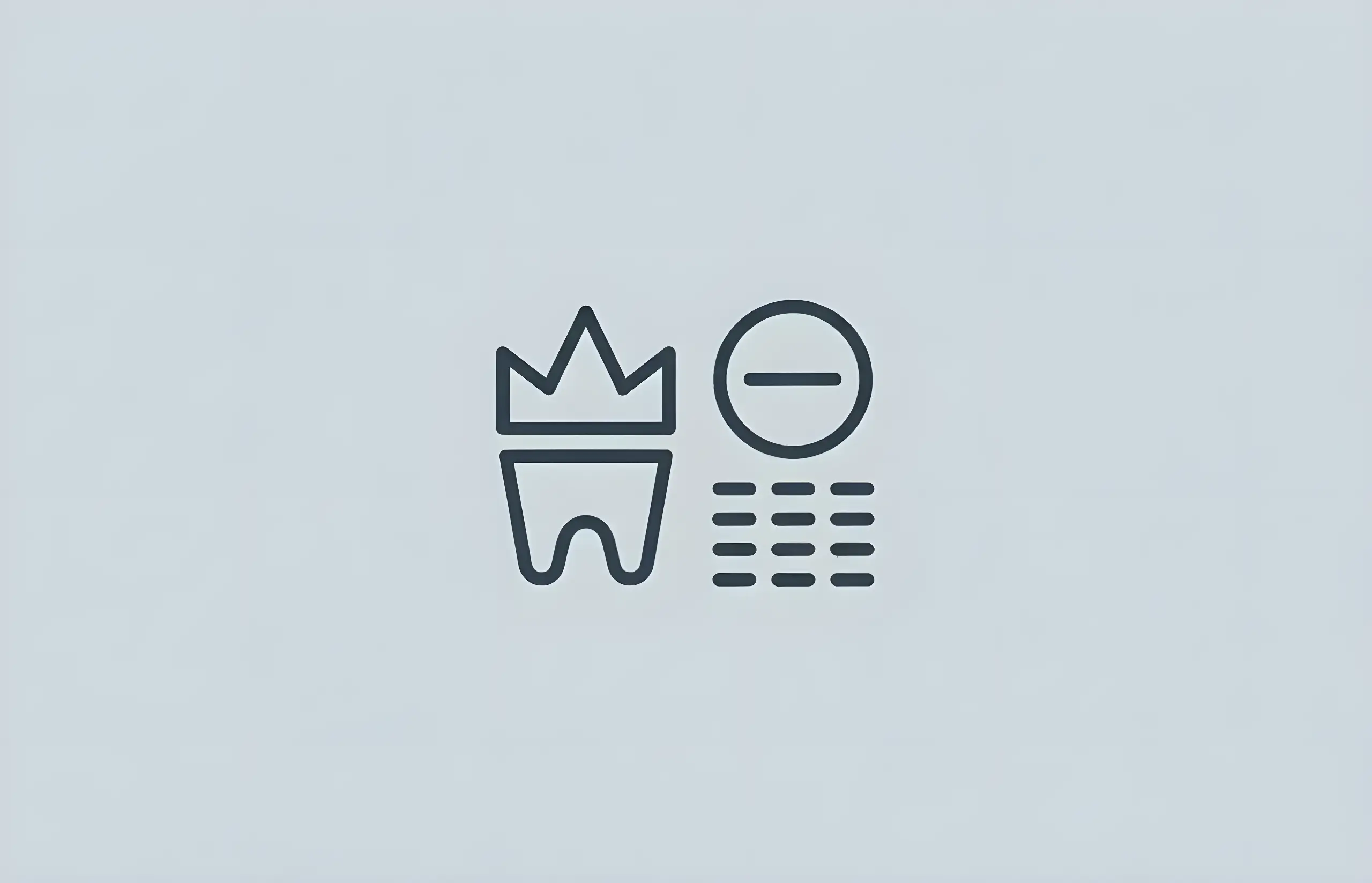
Dental Crowns – Costs & Information
Comprehensive guide to dental crowns including types (metal, porcelain, ceramic, zirconia), procedure steps, survival rates, longevity studies, costs in the UK, and comparison of materials
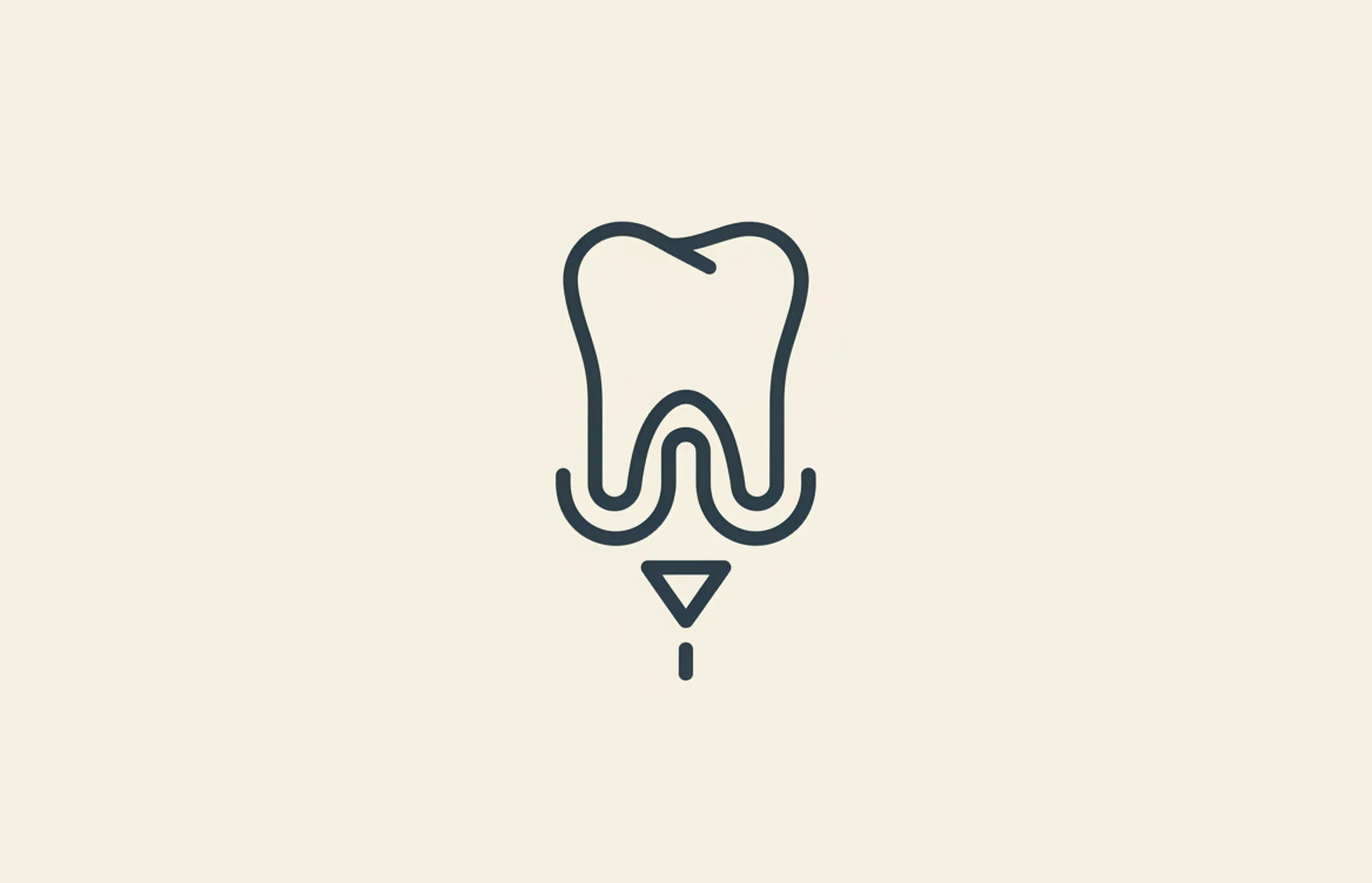
How to Drain a Tooth Abscess Naturally
Guide to temporary home remedies for tooth abscess pain relief including saltwater rinses, baking soda, clove oil, fenugreek tea, and oil pulling, with emphasis on need for professional dental treatment to treat infection
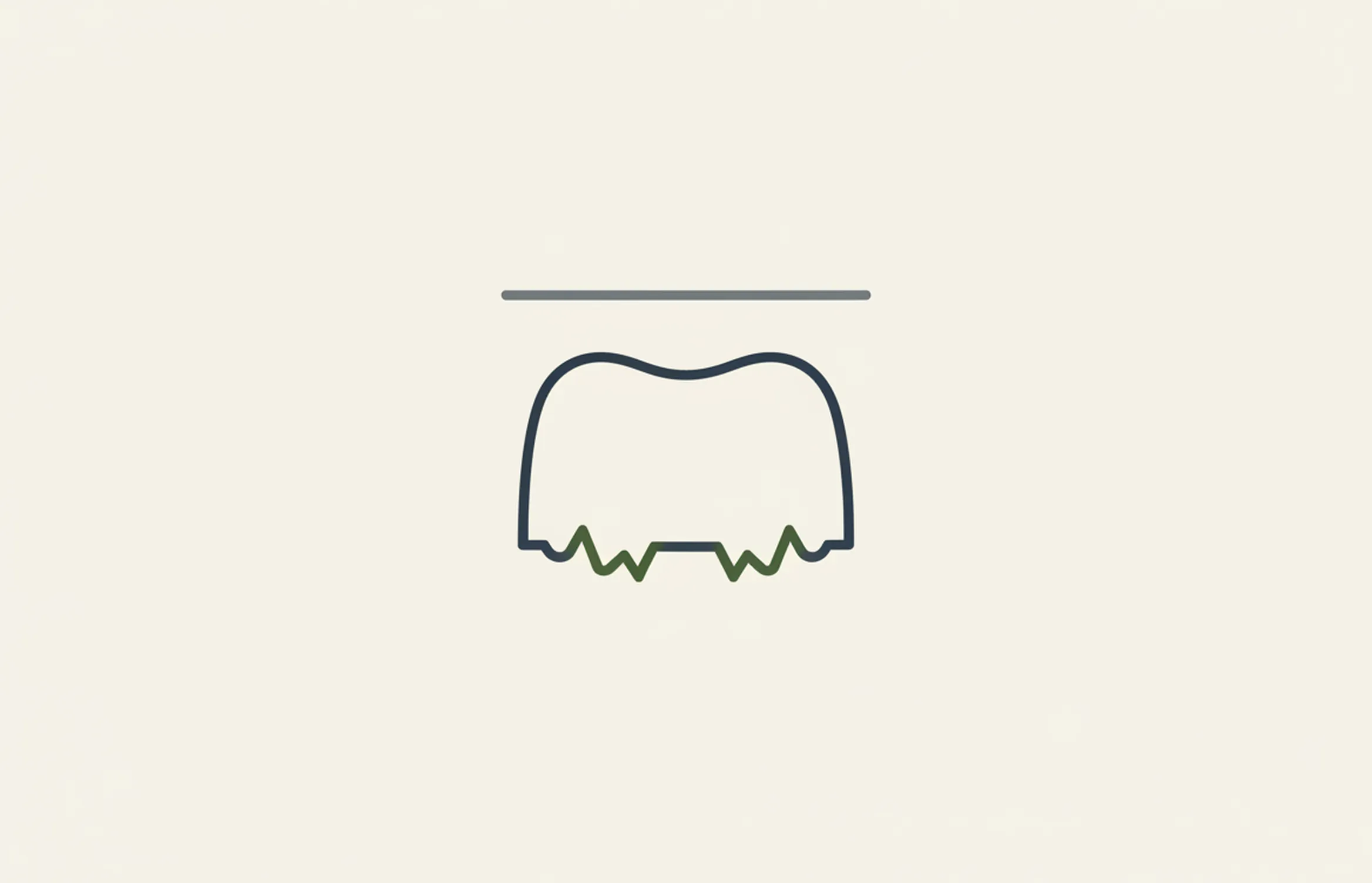
Can Invisalign Cause Gum Damage?
Comprehensive guide to Invisalign and gum health, including gingival recession risks, periodontal benefits, and how clear aligners compare to traditional braces
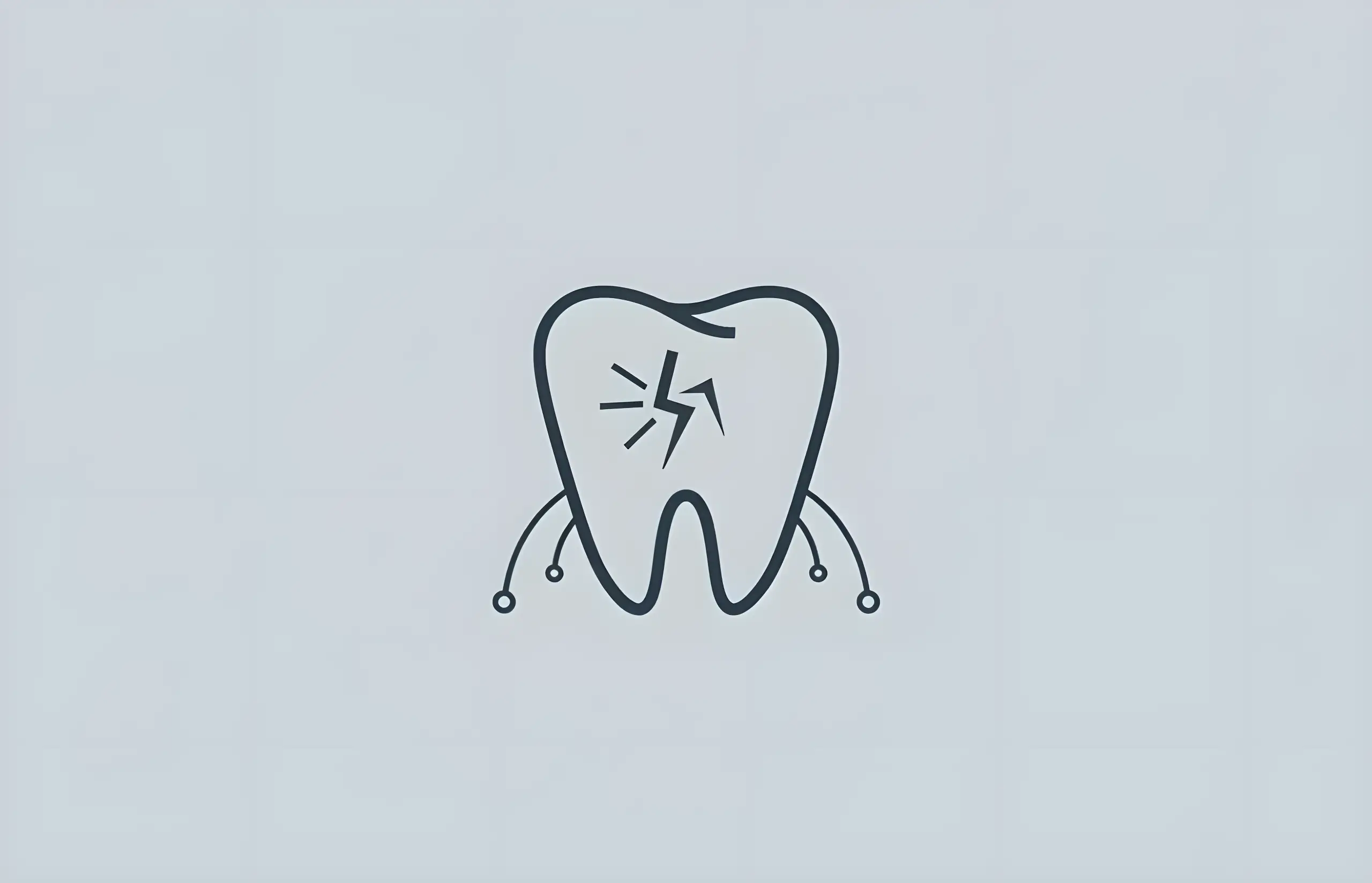
Tooth Pain & Sensitivity After a Filling
Learn about tooth pain and sensitivity after dental fillings including common symptoms, causes like pulpitis and uneven bite, treatment options, and how to manage discomfort
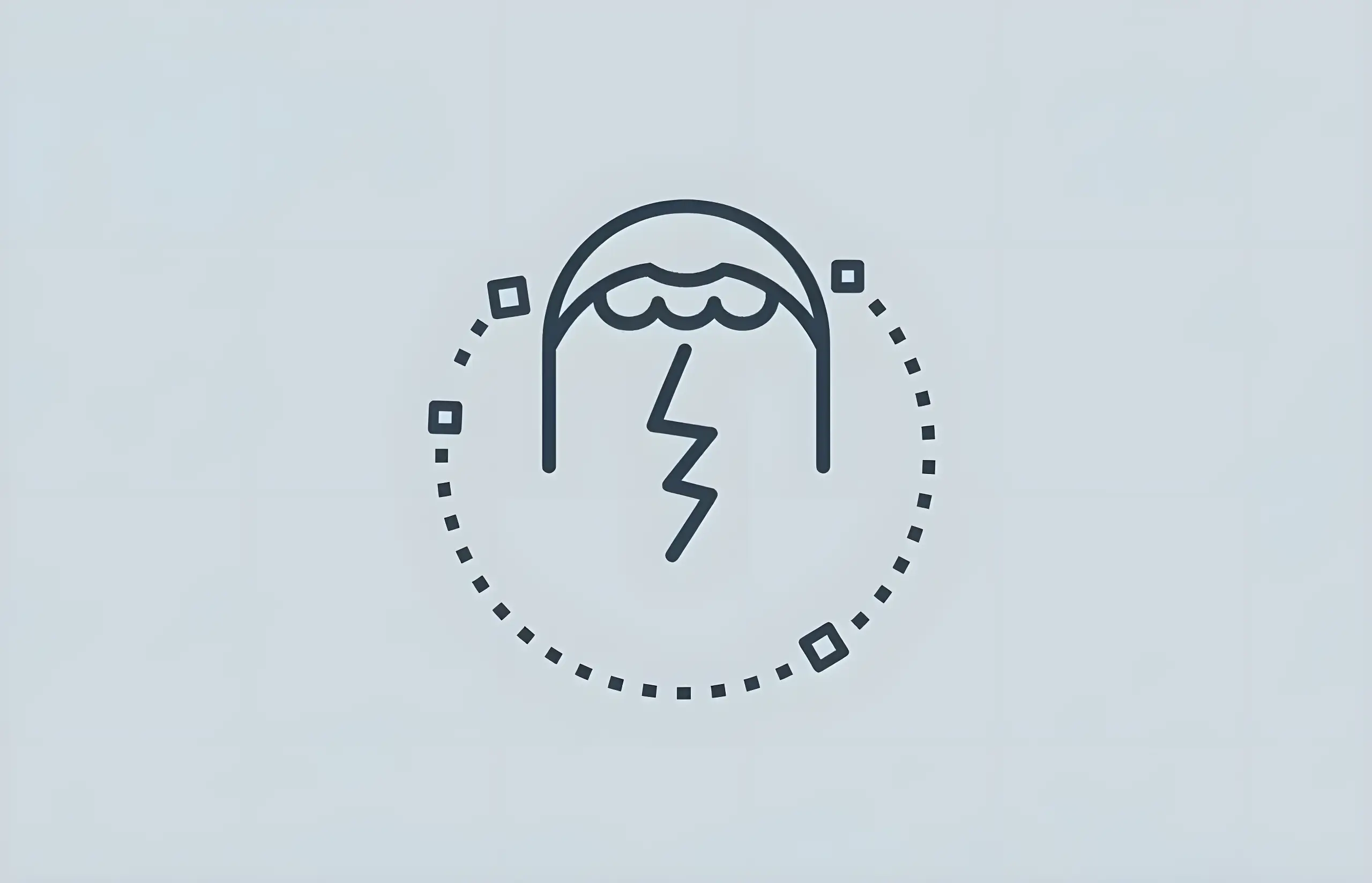
Why the Roof of Your Mouth Hurts When Eating
Comprehensive guide to causes of palatal pain including sores, infections, trauma, dehydration, smoking, and mucoceles, with effective prevention strategies and treatment options
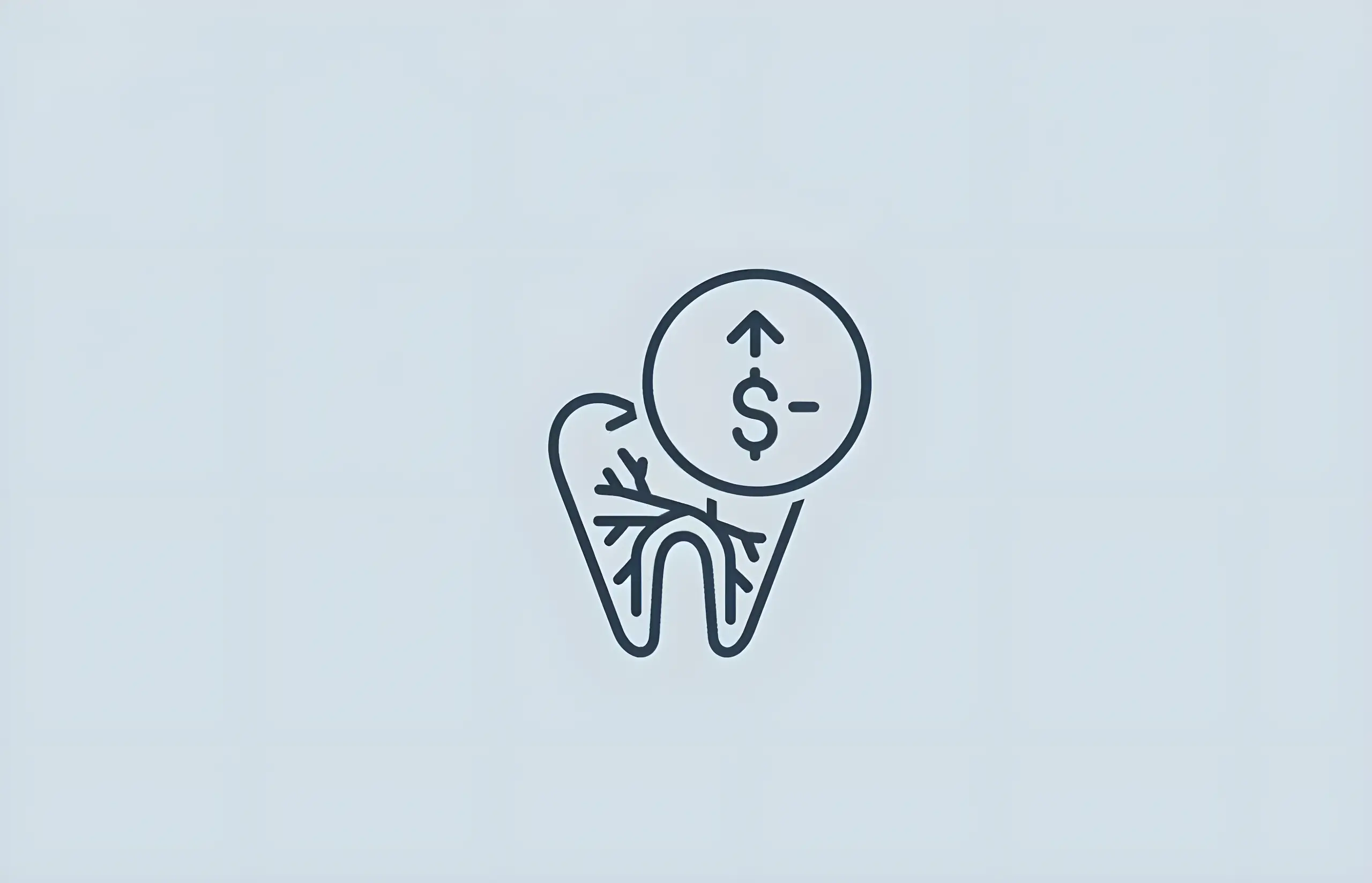
Root Canal Treatment – Costs and Information
Comprehensive guide to root canal treatment including what it is, the procedure, costs in the UK (NHS and private), and who needs endodontic therapy
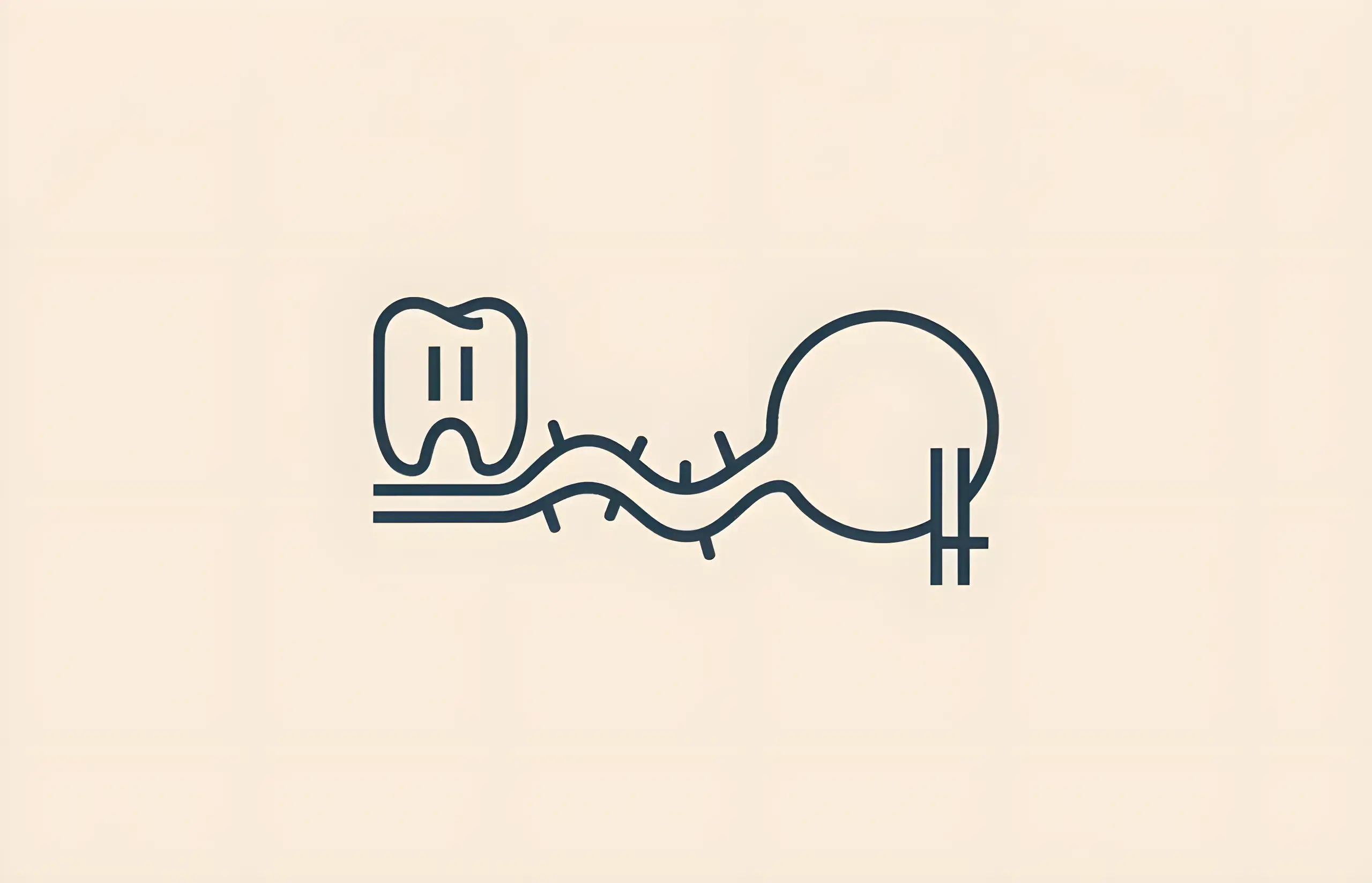
Sore Gums: Causes & Treatments
Comprehensive guide to understanding sore and painful gums, including causes like gingivitis, periodontitis, thrush, hormonal changes, and evidence-based treatment approaches
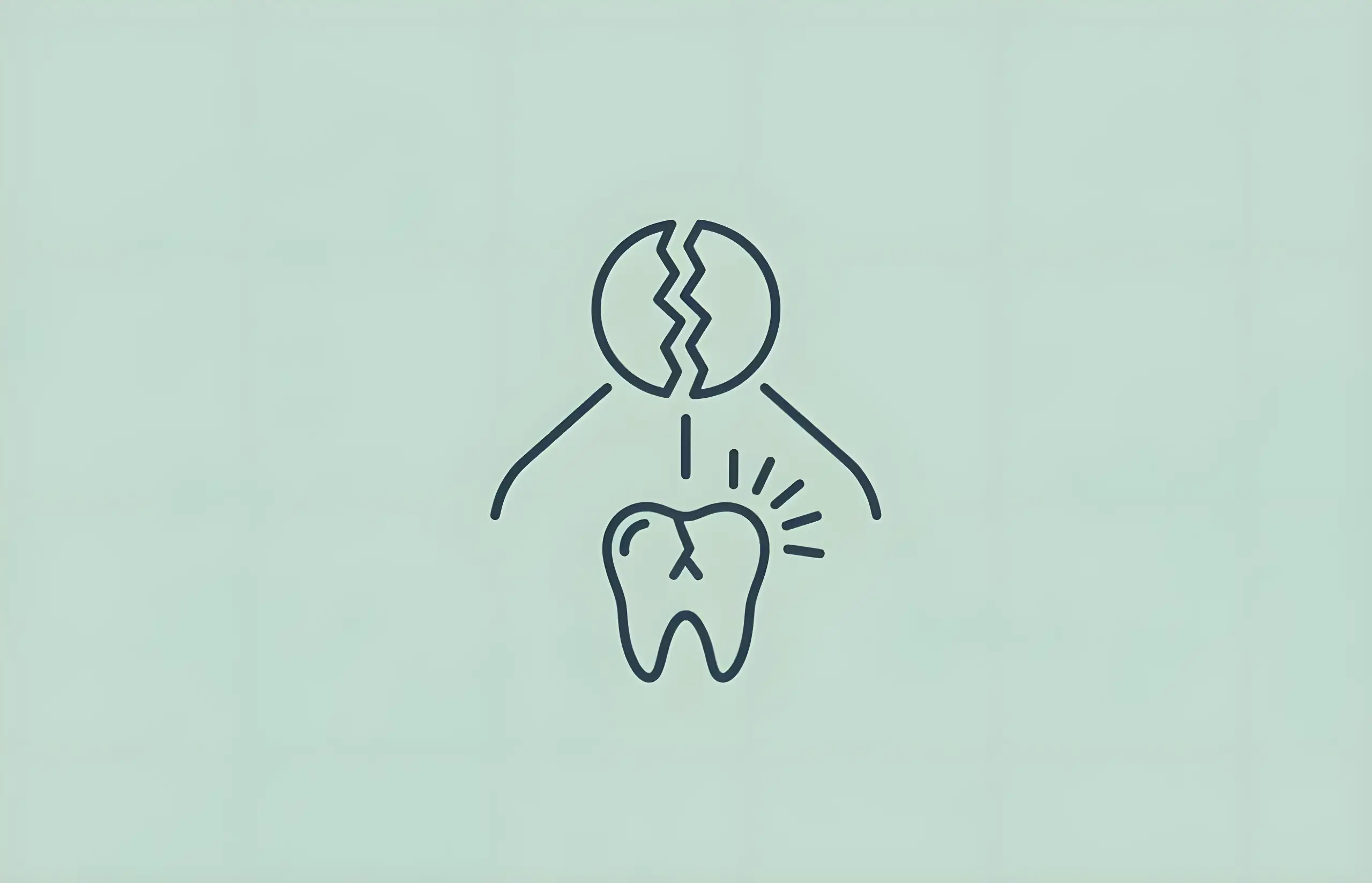
What Causes Tooth Pain after Biting a Hard Object?
Comprehensive guide to tooth pain causes including bruised ligament, high restorations, cavities, cracked teeth, and gum infections, with diagnostic approaches and treatment options
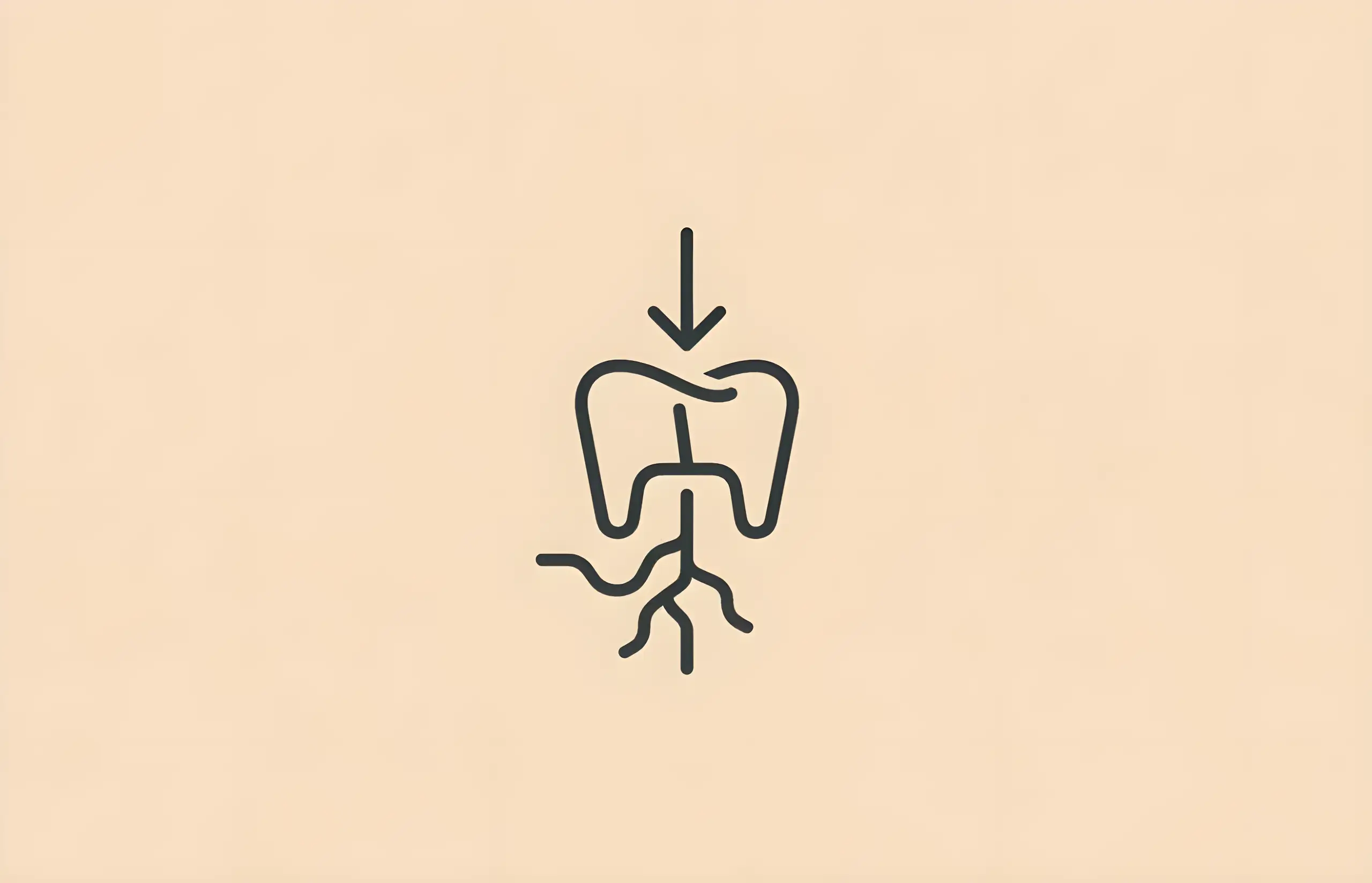
What Causes Teeth to Shift in Adults?
Understanding age-related tooth movement, poor habits, and treatment options to maintain dental alignment in adulthood
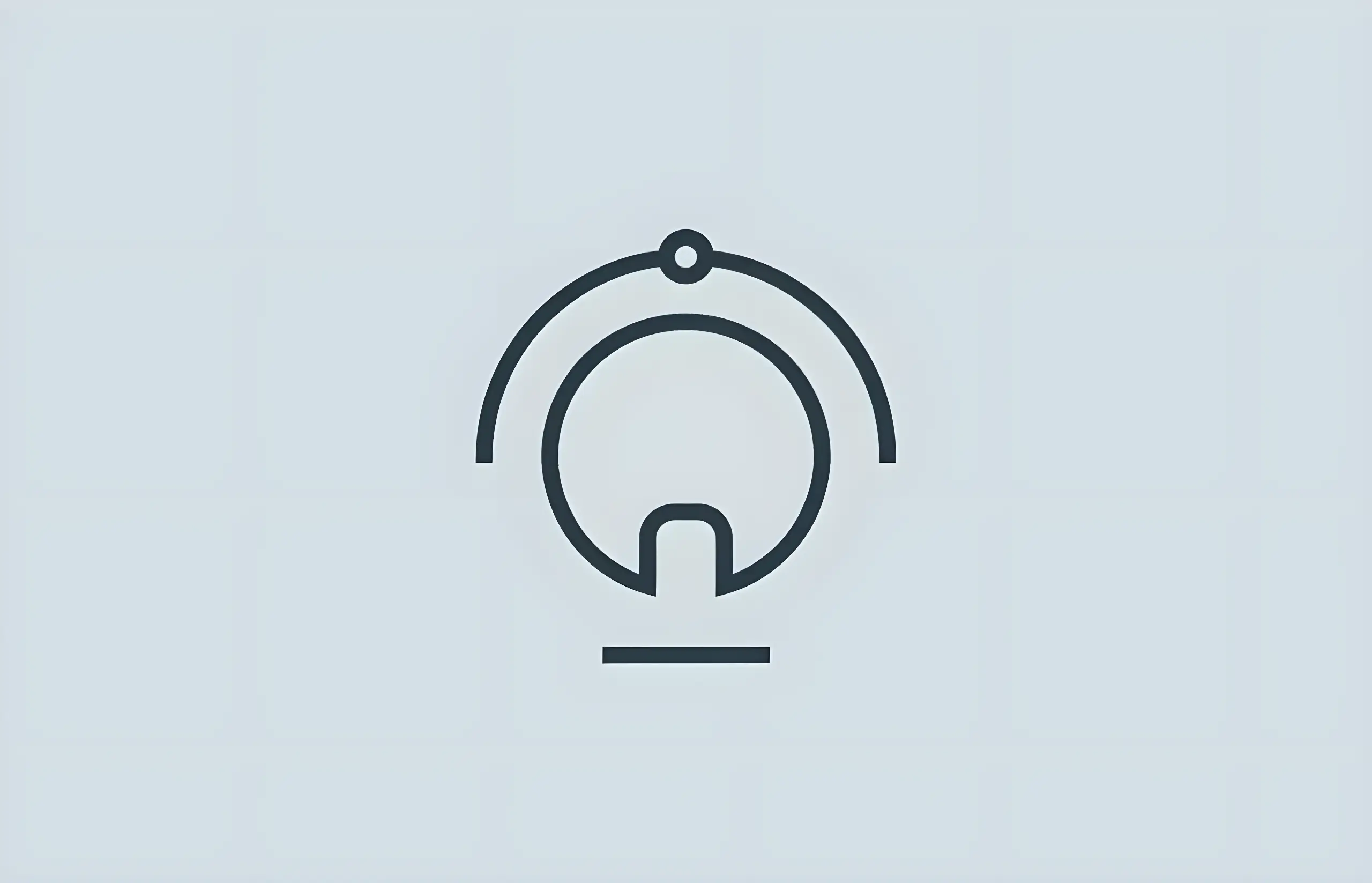
When Do Wisdom Teeth Come In?
Comprehensive guide to wisdom teeth eruption timing, symptoms, evolutionary purpose, and treatment options for managing third molar development
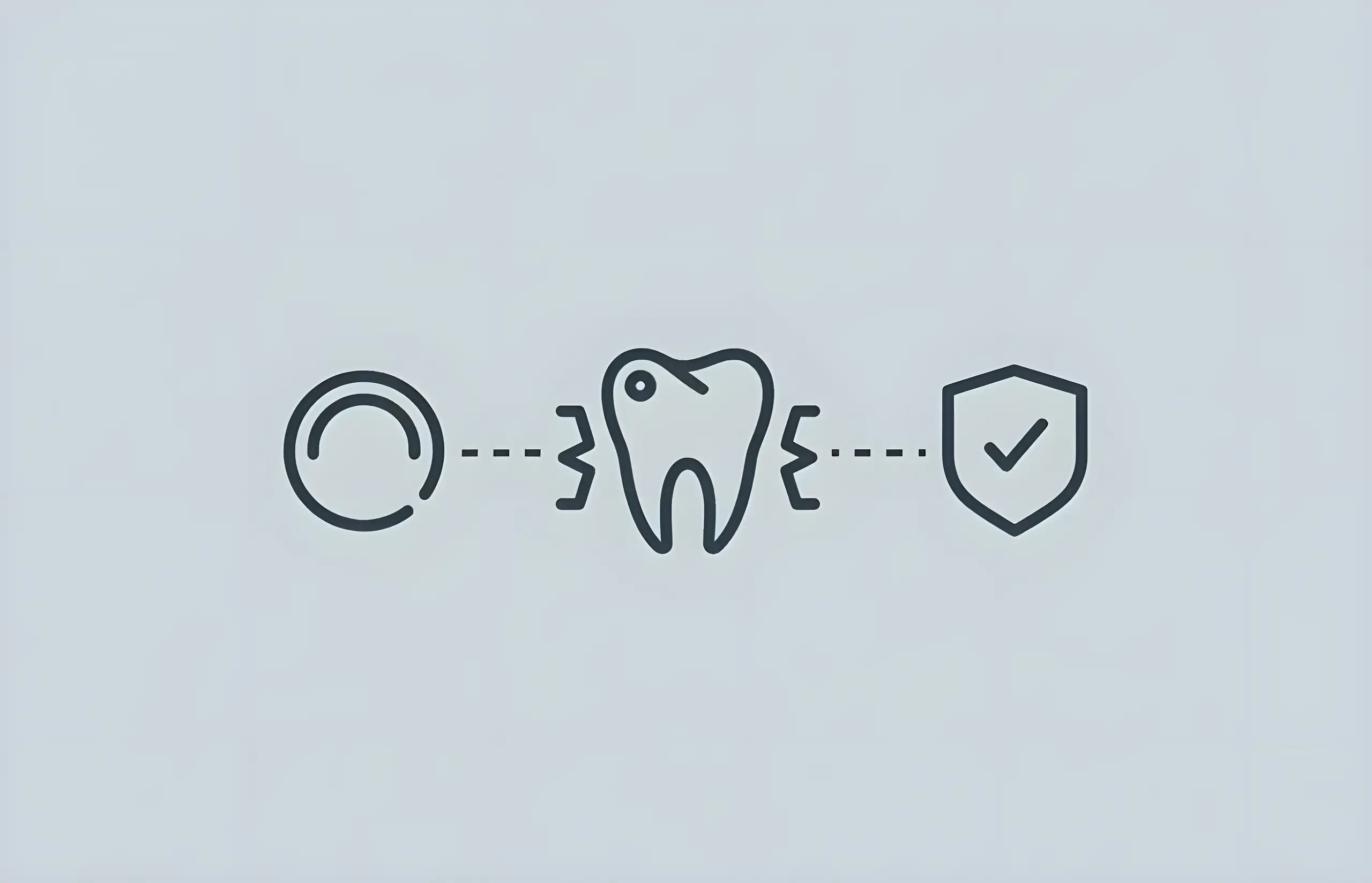
Wisdom Tooth Pain: Causes & Remedies
Understanding Pericoronitis Symptoms and Evidence-Based Pain Relief (73.7% Report Pain as Main Indication)
About The Dental Guide
The Dental Guide is a trusted online resource providing evidence-based information about dental health, treatments, and procedures. Our content is created and reviewed by qualified dental professionals to help you make informed decisions about your oral health.
Our Mission
- Evidence-based dental information
- Expert-reviewed content
- Clear, accessible explanations
- Latest treatment options
- Patient-focused guidance
Editorial Standards
- GDC-registered dental professionals
- Peer-reviewed sources
- Regular content updates
- Medical accuracy verification
- Transparent authorship
Important Notice
The information on The Dental Guide is for educational purposes only and should not replace professional dental advice. Always consult with a qualified dentist for diagnosis and treatment recommendations tailored to your individual needs and circumstances.
Medically Reviewed
Reviewed by Dr. Nasim Mechoui , BDS (Bristol)
Share this article
Comments & Discussion
Have questions about dental implants? Share your thoughts or experiences.
